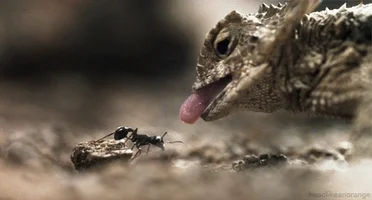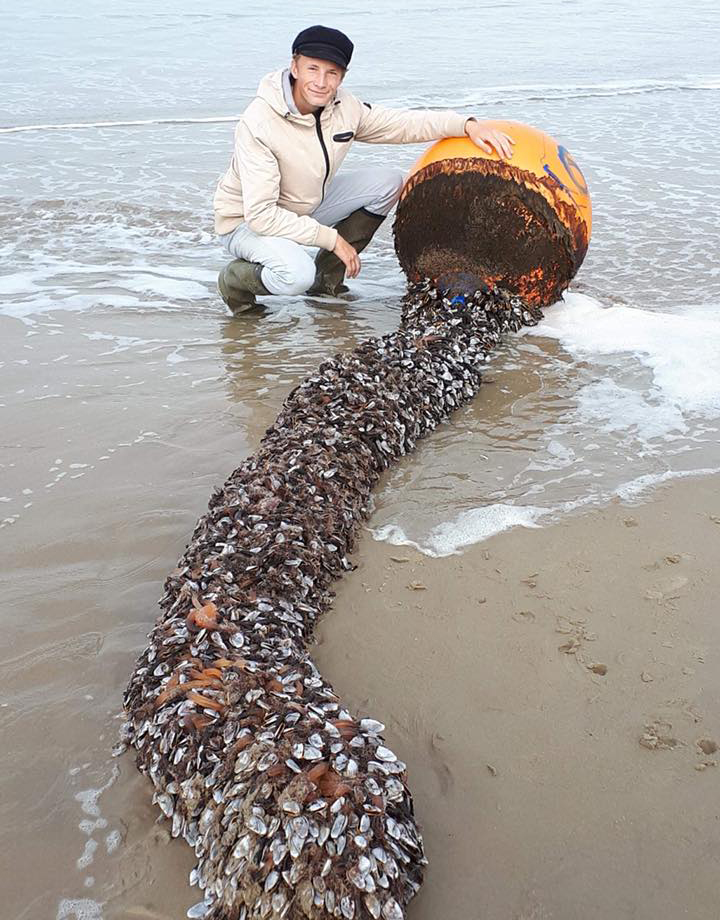Here’s The Obstruction Case Against Trump
On January 25, the New
York Times revealed that Donald
Trump tried to fire Special Counsel Robert Mueller last June and only backed
down when White House counsel Don McGahn threatened to quit rather than carry
out Trump’s orders.
From the earliest days
of Trump’s administration, Trump and his closest allies have used a range of
tactics to obfuscate damaging information and stymie Mueller’s probe into whether
the Trump campaign colluded with Russia during the 2016 election. And Mueller,
in turn, appears to have gathered a plethora of evidence that lays out this
pattern of behavior.





















 Sixty percent of Americans do not trust President Donald Trump
with his authority over the nation's nuclear arsenal—the world's largest and
most sophisticated—and, according to the new
Sixty percent of Americans do not trust President Donald Trump
with his authority over the nation's nuclear arsenal—the world's largest and
most sophisticated—and, according to the new 

